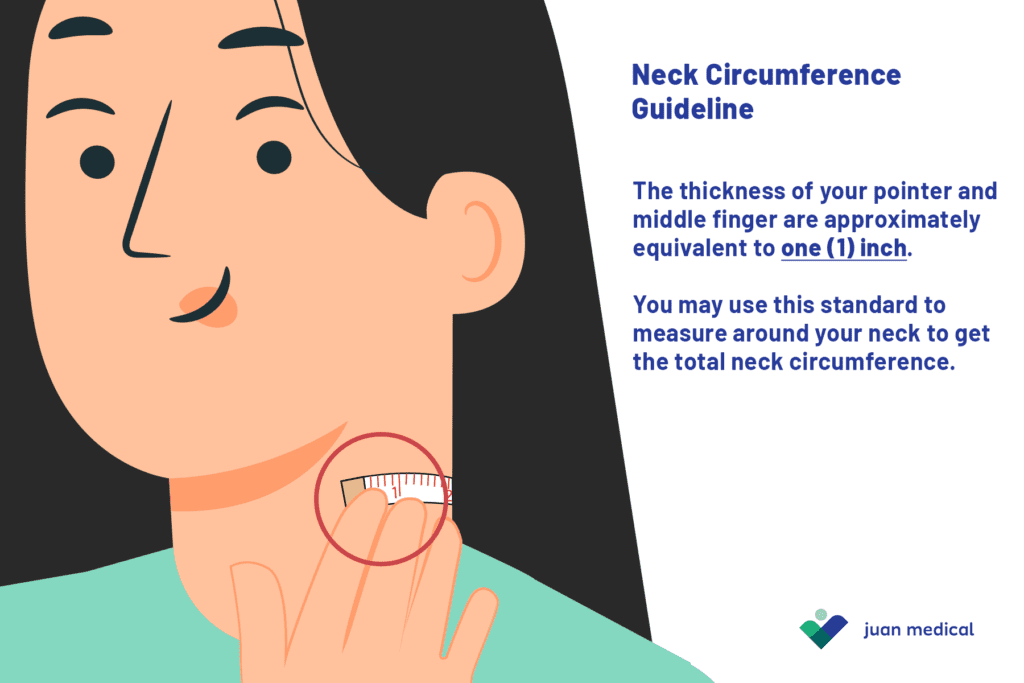The Human Papillomavirus (HPV) is one of the main causes of cervical cancer and is a very common group of viruses. There are 100 types of HPV that can affect different parts of the body, but mostly the skin.
Cervical cancer is a type of cancer that occurs in the cells of the cervix, which is the lower part of the uterus that connects to the vagina. It is most commonly spread to others during vaginal or anal sex, or through close skin-to-skin touching during intercourse even when there are no signs or symptoms. The most common symptoms are vaginal bleeding between periods or during menopause, menstrual bleeding that is longer or heavier than usual, pain and bleeding during and after intercourse, pelvic pain, or a change in the vaginal discharge’s quantity and smell.
Cervical Cancer is the second leading cancer type among women after breast cancer, and it is estimated that 2.9% of women in the general population of the Philippines are to be infected with cervical cancer at a given time – that is an estimate of almost 8,000 women per year. Among these, more than half of them die from the infection every year. The main causes of death are late detection, genetic acquisition (during birth), or delayed immunization.
The country has been progressive when it comes to solving this problem. There are support groups for women in the Philippines in which immunization steps are discussed and provided, multiple bills are being passed to the government to assist in nationwide detection or screening, and medical centers also have home service vaccination readily available.
Why should you and your loved ones get vaccinated TODAY?
Unprotected sex is one of the causes of cervical cancer. Sex education is not very well discussed between families over dinner because of the deeply rooted religious and cultural beliefs in the country. With that, a parent might not have any way of knowing if his/her daughter/son is engaging in protected intercourse. It is highly recommended to even have the vaccination before becoming sexually active, as young women may be infected with HPV in their teenage or young adult years, and then develop and discover cancer years later. The benefit of the vaccine decreases the older someone gets, as he/she may have already been exposed to one or more of the HPV types targeted by the vaccines.
Not all diseases from a parent can be detected, especially when there are no symptoms, or the screening process was not completed. As cervical cancer develops very slowly, late detection is possible. This type of cancer has no symptoms in its early stages more often than not. Symptoms may develop years later during someone’s secually active years, or even during menopause when the benefit of the vaccine is already least effective.
Cervical cancer vaccines tend to be a little expensive in the Philippines. However, Php 5,000 pesos for a single dose goes a long way in protecting the family from the mental health and financial risks that a Stage 4B (when the cancer has metastasized to organs or lymph nodes outside the pelvic area) can present. Each session for the treatment of cervical cancer starts at Php 20,598, and may increase depending on the stage of the illness. Consider scheduling a vaccination appointment an early and healthy investment to enjoy adventures with loved ones.
When should you get vaccinated?
HPV vaccines have the potential to prevent more than 90% of HPV-attributable cancers, so it is best to get them as soon as you can. According to the Centers for Disease Control and Prevention (CDC), the vaccination timeline is as follows:
Ages 9-15:
Ages 15-26:
Ages 27 and above:
Juan Medical’s Home Service Cervical Cancer Vaccination
Currently, Juan Medical offers 2 types of vaccines for cervical cancer.
Gardasil 4 (Merck)
It targets four strains of human papillomavirus (HPV) — HPV-6, 11, 16, and 18. HPV-16 and HPV-18, which accounts for about 70% of all cervical cancers.
Gardasil 9 (Merck)
It targets nine strains of human papillomavirus (HPV) – HPV-6, 11, 16, 18, 31, 33, 45,
52, and 58.
It is advised to consult with a doctor before getting the cervical cancer vaccine. View the checklist below to prepare for the doctor consultation.
After getting a Gardasil 4 or Gardasil 9 shot, Juan Medical’s Resident Doctor Tanya Marie Cabais-Liscano recommends to rest and avoid physical activity or strenuous activities as the most common side effects are pain, redness, or swelling in the arm where the shot was given, fever, dizziness or fainting, headache or fatigue, nausea, and muscle or joint pain.
Inquire on Juan Medical’s home service vaccination daily, at 8AM-5PM by sending an email to bookings@juanmedical.ph, by calling 0960 291 7278 (Viber/Telegram/Whatsapp/Mobile), or by clicking here.



